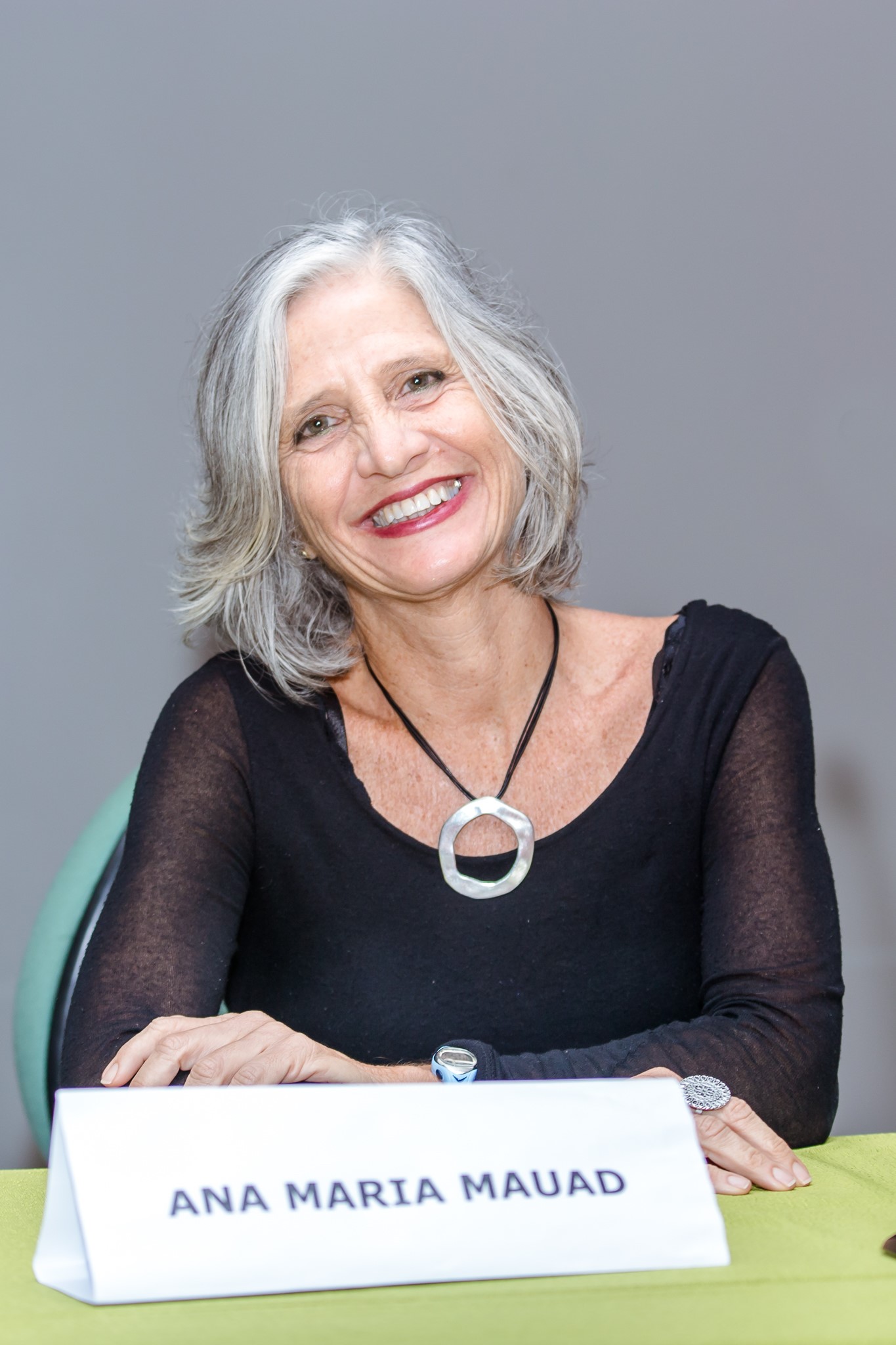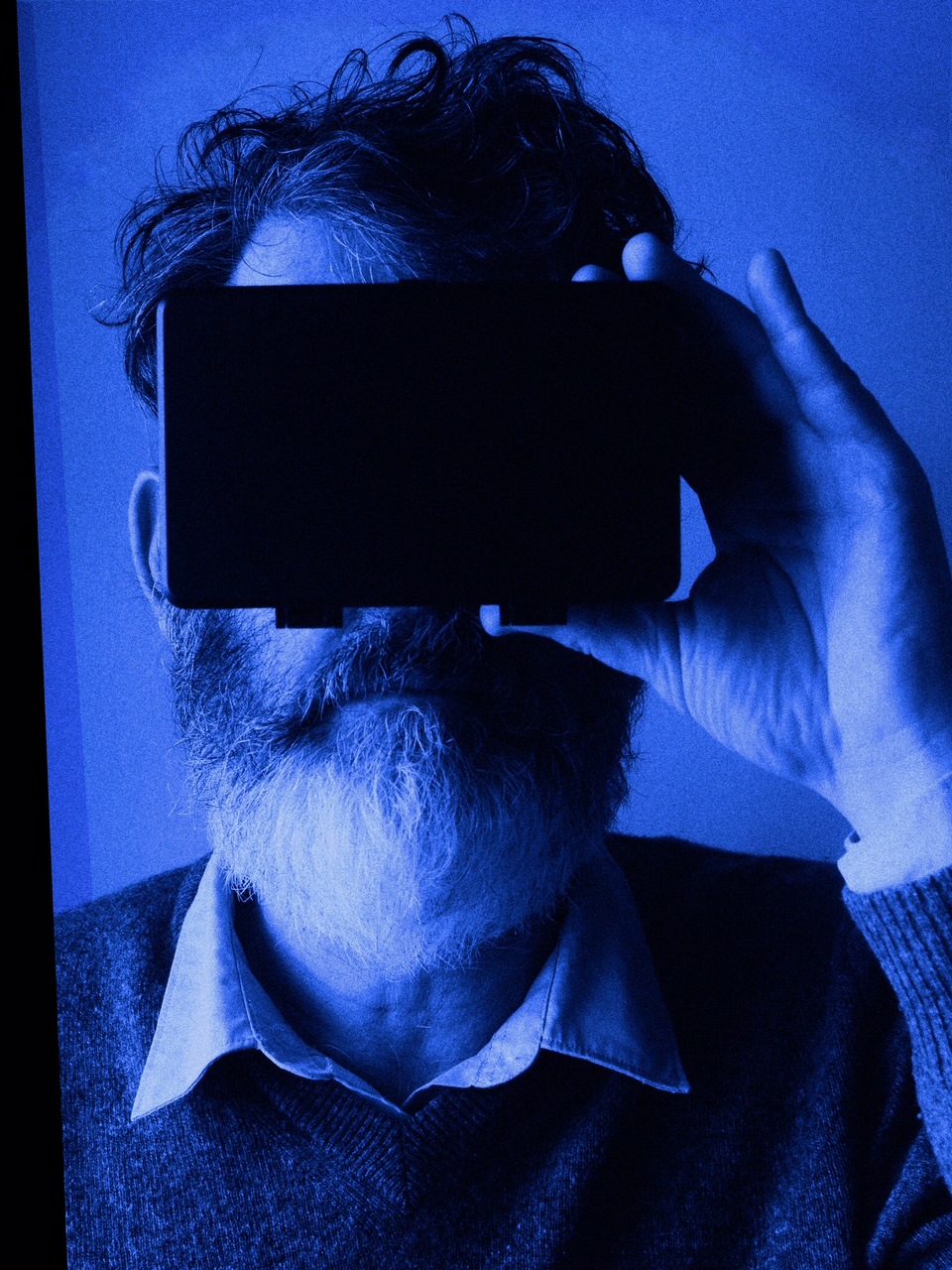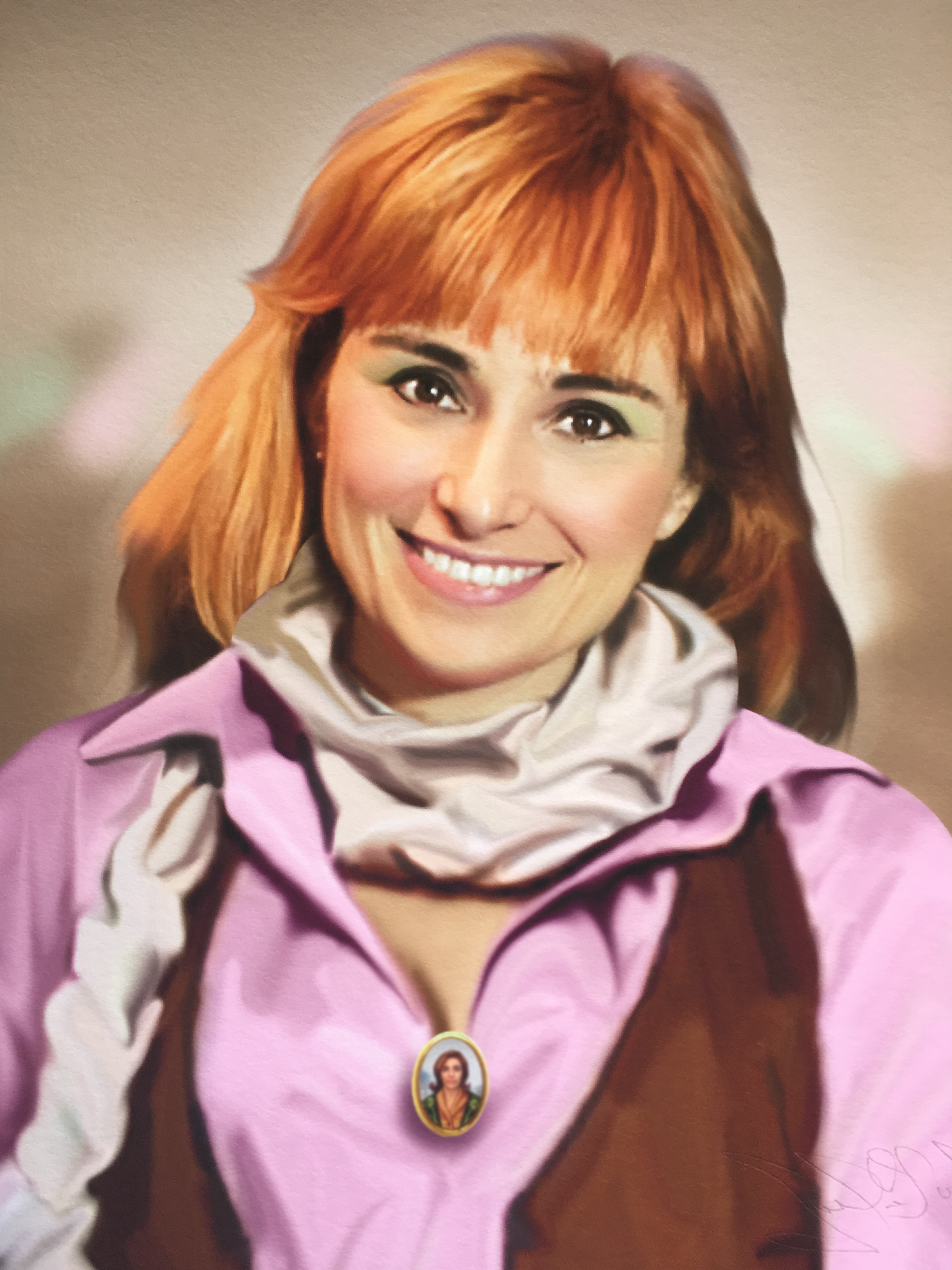
University of Madeira, Funchal, Portugal | 4-6 December, 2023
The International Conference of Photography Studies, will be held on 4-6 December 2023 at Colégio dos Jesuítas, Universidade da Madeira, Funchal, Portugal, with the theme Photography and Site – Routes, Cartographies and Drifts. The conference aims to explore the ways in which photography has been used to map and represent territories, as well as documenting journeys, migrations and movements across landscapes. In addition to designating spatially defined territories, the notion of “site” has been associated with metaphorical and metonymic meanings, with historical, identity and relational dimensions, which replace or, at least, superimpose this more essential geographic dimension. Moreover, this overcoming of a more properly territorial circumscription is implicit in studies that relate photographic representation to geographic imagination, where photography emerges as a particularly apt means of defining spatiality. In this sense, from the digital revolution of the 21st century itself, where photography is inscribed as a plural practice and hybrid technique, the reconfiguration of this concept and others in its proximity, such as: that of lieux de mémoire (Pierre Nora), that of non-place (Marc Augé), or heterotopia (Michel Foucault). At the same time, we highlight the role of photography in artistic practices in different disciplinary areas, which privilege notions such as wandering, drifting and chance, namely, through the act of walking, either as an object or as a methodology or work process.
Site/Landscape: landscape as an autonomous photographic genre that asserted itself almost immediately since the beginning of the medium in relation to the idea of place; photography's ability to represent, emblematize or reify the idea of place, for example, in its association with the practice of tourism, place branding and in specific formats such as postcards; the role of photography in documenting human intervention in the natural world, whether in legitimising certain constructions/ventures or through an ecological critique.
Art, paths and drifts: authorial processes or practices that refer to thoughts on territory through notions of trajectory or established path, or, on the contrary, of drift or unpredictable wandering, without a charted destination; the mobilising of photography in the act of walking. Architecture, Urban photography and the flâneur: uses of photography in capturing the modern urban experience of the beginning of the 20th century or in a postmodern experience of the city; relationship between the technique and posture of the flâneur of wandering and observing a hectic reality.
Regional photographers: routes of Madeiran photographers, or with a practice in the Madeiran Archipelago, and approach to their trajectories and works; representativeness of their images in their relationship with different sites; photographic representation and Madeiran identities:insular, atlantic, macaronesian.
Digital media and new cartography: an approach to contemporary photography as a technique intertwined with other digital media in the visualisation of cartography (point clouds, machine/satellite images, drones, road trip photographic tradition, etc.); artistic practices that mobilise images generated by surveillance technologies, subverting functions and/or expanding potentialities.
Photographic mapping of transits and exchanges: projects that, similarly to the role attributed to photography by Allan Sekula in Fish Story (1988-195) in documenting the economy and distribution of goods on a global scale, address that same topic today; exploring the tension between visibility and invisibility of means, routes and distribution paths on a global scale.
Photography and migrations: the role of photography and other technologies in recording the experiences of migrants, refugees and people on the move; thinking about the ability of photography to witness and document these experiences, in particular, through the intersections with sound and moving image.
Photography and literature: relationship between text and image in regards to notions of site; the photobook genre as a complement to, or rather a disruption of, travelogue conventions; use of photography in literature (novel and essay) as a form of framing or tension with the notion of (a) place.
Keynotes
For a photographic history of possible pasts: routes, cartography and drifts (to be held in Portuguese)

Driven by this call, I bring together two visual artists who, in their work and projects, take photography as the basis of their thinking, relying on archival images to create imaginary landscapes of possible pasts. The visual artists Rosangela Rennó and Rosana Paulino, each positioned in their own way as visual or photographic historians who respond through their artistic practices to the demands of their time, in which the founding narrative of a great national history is called into question. In their work, they explore the challenges of dealing with the tensions between past, present and future of a place, named Brazil, that always positioned itself as the“country of the future”.
This reflection is inspired by the close dialogue I established in recent years with the dear and late historian Mauricio Lissovsky, whom I pay tribute to in this presentation.
Drifts in conversation with Ana Gandum and Sandra Camacho (to be held in English)

Bio: Daniel Blaufuks (b.1963, Lisbon) has been working on the relationship between public and private memory, one of the constant interrogations in his work as a visual artist. He has exhibited widely in museums, private galleries, and festivals and works mainly in photography and video, presenting his work through books, installations, and films.He holds a PhD from the University of Wales, where he wrote on photography and film in relation to the work of W.G. Sebald and Georges Perec, as well as in relation to memory and the Holocaust.
In 2016 he received the AICA Portugal award for the exhibitions “Attempting Exhaustion” and “Léxico”.
Guests
Poetics of the Archive: Photopainting and other inventions [to be held in Portuguese]

Requirements: University students or people interested in photography, over 18 years old.The workshop will take place in two parts. On a first phase, references, essays and books on the subject will be presented and, on a second, practical exercises on photography will be carried out, either from personal family albums or from the photographic collection of the Madeira Photography Museum – Atelier Vicente’s.It is recommended that participants bring a set of black and white photo copies from their family albums, printed on photographic paper, with a minimum size of 10x15 cm, as well as watercolours, markers and colour pencils.
Bio: Ângela Ferreira a.k.a Berlinde is an artist, curator and researcher with a PhD in Visual Communication on photopainting and indigenous self-representation, from the University of Minho, Portugal. She completed her post-doctorate at Escola de Belas Artes da Universidade Federal do Rio de Janeiro and works within the scope of language hybridity and narrative intersection, materialised into photobooks.
linktr.ee/berlinde
Documentary / Super 8 / 119’ / 2019

"SUZANNE DAVEAU traces the outline of an adventurous woman who traverses the 20th century, right up to the modern day, guided by her passion for investigative geography. The film circles between the innumerable world-spaces roamed by geography and the reserved home-spaces that welcomed her private life.
Bio: Director, editor, and co-founder of TERRATREME Films. Her works include SUZANNE DAVEAU, a film about a geographer, ANIM, which explores the National Archive of Moving Images, and UM DIA NO MUSEU a TV series about Portuguese art museums. She co-directed AS CIDADES E AS TROCAS SÃO TOMÉ: NO TRILHO DOS NATURALISTAS and ATLAS DE UM CINEMA AMADOR. Additionally, she has worked as an editor with various directors. Currently, she is writing two feature film scripts, ASSIM VIVEMOS and CAÇADA, and developing the documentary ORLA.
DIRECTOR Luisa Homem S.8 PHOTOGRAPHY Luisa Homem PHOTOGRAPHIES Suzanne Daveau, Orlando Ribeiro SOUND Giorgio Gristina, Mónica Baptista, Avelino Santollala, Luisa Homem EDITOR Luisa Homem, Luís Miguel Correia SOUND EDITOR AND MIXER Paulo Abelho, Avelino Santollala MUSICAL COORDINATION Avelino Santollala COLOR CORRECTION Paulo Américo GRAPHICS Dayana Lucas PRODUCTION MANAGER João Gusmão, Luisa Homem POST-PRODUCTION COORDINATION João Gusmão, Marta Lemos PRODUCERS João Matos, Leonor Noivo, Luisa Homem, Pedro Pinho, Susana Nobre, Tiago Hespanha PRODUCTION TERRATREME Filmes DISTRIBUTION TERRATREME Filmes - Pedro Peralta, Gustavo Scofano SUPPORT CEG - Centro de Estudos Geográficos, IGOT - Instituto de Geografia e Ordenamento do Território, FCG - Fundação Calouste Gulbenkian, CML - Câmara Municipal de Lisboa, ICA - Instituto do Cinema e Audiovisual, Biblioteca Municipal José Baptista Martins, Cinemateca Portuguesa
4th December
10h00 – 13h00: VISIT* – funds of Madeira Archive and Library: a look into the technical facilities [ABM]
* Activities that require a previous registration
14h00 – 14h30: Participants' registration [CJ]
14h30 –15h00: Welcome session
15h00 – 16h00: PANEL 1 - João Francisco Camacho (MOD: EmíliaTavares) [CJ – Auditório geral]
- João Francisco Camacho: indícios da singularidade de um trabalho de paisagem na Madeira - Emanuel Brás
- João Francisco Camacho: de quantas imagens se faz uma vista - Célia Ferreira
- Projeto de documentário sobre João Francisco Camacho - conversa com Margarida Medeiros
16h00 – 16h15: Madeira wine toast [CJ - Sala dos Arcos]
16h15 – 18h30: Projection of the film SUZANNE DAVEAU with a presentation by the director (PT – subtitled in English) — LUÍSA HOMEM
5th December
10h30 – 10h50: Coffee break [CJ - Sala dos Arcos]
10h50 – 12h30: PARALLEL SESSIONS
PANEL 2: Nineteenth Century Photographers: Views and Circulations – MOD. Rita Rodrigues [CJ - Auditório poente]
- Afonso Chaves e a Grande Viagem a África (1906) - Victor dos Reis
- Trabalhos photograficos de Portugal feitos em Julho e Agosto de 1889 por Joaquim Augusto de Sousa - Catarina Pestana
- O Paradoxo Romântico da Fotografia: a paisagem madeirense entre arte e técnica — Emília Tavares
PANEL 3: Circulations, identities – MOD. Elisa Bertolotti [CJ - Auditório nascente]
- Italian Sources of Pedro II’s Photography Collection - Sofya Dmitrieva
- Periplo de Exposiciones de Patrimonio Fotográfico de la Macaronesia - Gabriel Betancor, Miguel Angel Martín
- Fotografia & asilo: Leituras da história da psiquiatria - Mariana Gomes da Costa
12h30 – 14h00: Lunch Break [CJ - Sala dos Arcos]
PANEL 4: Contemporary Practices and Photobooks – MOD. Susana Lourenço Marques [CJ - Auditório Poente]
- Geografias ficcionais: fotografia, literatura e teatro em dois fotolivros de Jorge Molder e Paulo Nozolino – Filipe Figueiredo e Cosimo Chiarelli
- Num Japão e Noutro: António Júlio Duarte – José Bértolo
- A Fotografia como Lugar de Resistência Visual Generalizada: Topoï, Migrações e Desterritorializações – Raquel Schefer e Catarina Boieiro
PANEL 5: Cartography and borders – MOD. Paulo Catrica [CJ - Auditório Nascente]
- Mapping the Colonial Imagination: photography, imaging and digital practice - Catherine Troiano
- Fleeing villages were not photographed. Reflections on the photographic construction of colonial borders in Portuguese possessions in Africa – Teresa Flores
- From photogrammetry to cartography - What do Albrecht Meydenbauer, Sebastian Finsterwalder and Google Maps have in common? - Marco Rasch
15:30 - 15:50: Coffee break [CJ - Sala dos Arcos]
15:50 - 17:20: PARALLEL SESSIONS
PANEL 6: Walking — MOD. Vitor Magalhães [CJ - Auditório Poente]
- Humanscape in Geopoetics- Visual Diagnoses of Reclaimed Land - Yue Hu
- Follow Y/our River: A Protocol for Deep Mapping Liminal Space - Paula Roush, Tamara Stoll e Hera Santos
- Allt – Photography, Woodlands and Watercourses in the Highlands of Scotland - Fergus Heron
PANEL 7: Cartography and counter-cartography – MOD. Carlos Valente [CJ - Auditório nascente]
- A cidade instagramável: fotografias do Porto - Violeta Rodríguez Becerril
- Percursos marcantes de fotógrafos na paisagem cultural do Recife. Uma cartografia fotográfica e sentimental de cidade portuária no Nordeste do Brasil - Fabiana Bruce Silva
18h00: Visit to Porta 33
6th December
10:30 - 10:50: Coffee break [CJ - Sala dos Arcos]
10:50 - 12:30: PARALLEL SESSIONS
PANEL 8: Architectures – MOD. Teresa Flores [CJ - Auditório poente]
- PREENCHER UM DUPLO VAZIO uma leitura crítica e mnemónica da cidade nova de Santo André 1971-2021 — Paulo Catrica
- A construção de uma identidade territorial portuguesa através da fotografia e a dimensão geográfica do olhar: arquiteto-fotógrafo António Menéres - Larissa Cunha e Luís Urbano
- A fotografia entre outros escombros - Flora Paim
PANEL 9 – Memoryscapes – MOD. Anne Reverseau [CJ - Auditório nascente]
- Childhood Memory in Viagem ao Sol - Inês Isidoro
- Materiality, fascination, and accessibility: the evolution of photography in Lara Almarcegui Wasteland project - Léa Battais
- Landscapes of Myth, Memory and Imagination: Ursula Schulz- Dornburg’s Memoryscapes - Lucy Rogers
12:30 - 14:00: Lunch Break
PANEL 10 – Displacement, extractivism – MOD. Ana Gandum [CJ - Auditório Poente]
- Arquivos de Família: Entre Memória, Migração e Não-Lugares - Uma abordagem autoetnográfica nas práticas do documentário — Ana Sofia Almeida
- Espacialidades da distância: a máquina, o duplo, a projeção - Isabel Stein
- O grão da montanha, sobre fotografia e extrativismo - Susana Lourenço Marques
PANEL 11 – Photobooks and Intermediality – MOD. Sandra Camacho [CJ - Auditório nascente]
- The weaves and tensions between photography and word: the photobook as a narrative territory - Ângela Ferreira
- Photobooks about places (countries, regions, cities): how to show a collective identity? - Anne Reversau
- Adelheid Frackiewicz: Relations Among Land Art, Trauma and Translation - Adelheid von Maltitz (Frackiewicz) & Suzanne de Villiers-Human
15:30 - 15:50: Coffee Break [CJ - Sala dos Arcos]
15:50 - 17:20: PANEL 12 – Sites of Survival – MOD. Raquel Schefer [CJ - Auditório]
- Photography of the Dispossessed: Aesthetic Governmentality and Post-Famine Landscapes - Justin Carville
- Life in Vague: Existing on the Margins - Casey Hayward
- Missing and fade in the landscape - Sandra Krizic Roban
17h20: Closing Session [CJ –Auditorium]
20h00: DINNER – restaurant Il Vivaldi, 35€ per person, registration is required
Info
Registration (General Public)
Conference Venue
Address: Rua dos Ferreiros Estrada, 9000-082 Funchal
Contacts: + 351291 705 060
Nearby Hotels and Hostels:
Address: Travessa do Rego, 10 9050-018 Funchal
Contacts: + 351291 201 240 / reservas@hoteldocarmomadeira.com
Hotel do Centro -3 estrelas
Address: Rua do Carmo, 20/22 - 9050-019 Funchal
Contacts: +351291 200 510 / hoteldocentro@netmadeira.com
Hotel Orquídea – 3 estrelas
Address: Rua dos Netos 69 – 71 9000-084 Funchal
Contacts: +351 291 200 120
Hotel Madeira – 3estrelas
Address: Rua Ivens, nº 21, 9000-046 Funchal
Contacts: + 351 291 230 071 / reservas@hotelmadeira.com
Jaca Hostel Funchal - AL
Address: Rua Dos Ferreiros, 9000-082 Funchal
Contacts: +351 9269 58 673 / heythere@jacahostel.com
Nearby Restaurants
Address: Praca do Município 85, 9000-043 Funchal
Contacts: 291 620510
Tipografia
Address: R. das Pretas 8, 9000-049 Funchal
Contacts: +351 291 200 100
Brunch Club
Address: R. do BomJesus 6, 9050-028
Funchal
Contacts:+351 291 220 651
Plano D
Address: R. das Hortas n.º 11 R/C, 1º e 4º Andar, 9050-024 Funchal
Contacts: +351 291 234273
Mania da Cozinha
Address: Rua de São Pedro 9,
9000-219 Funchal
Contacts: +351 291 226 333
Ateneu Café
Adress: R. dos Netos 42,
9000-084 Funchal
Contacts: +351 964 514 818
Olivia
Address: Rua dos Tanoeiros 37 37,
9000-057 Funchal
Contacts: +351 964 088 858
Other Locations
Address: Rua da Carreira 43, 9000-042 Funchal
Contacts: 291 145 325 / mfm-avicentes@madeira.gov.pt
Porta 33
Address: Rua do Quebra Costas 33, 9000-034 Funchal
Contacts: 291 743038
Madeira Archives and Library (ABM)
Address: Caminho dos Álamos 35, 9020-064 Funchal
Contacts: 291 145 310
Call
b) The name of the author with current affiliation, contact details (email and mobile) and a short biographical note (around 200 words).
Notification of acceptance will be sent by 24th July 2023.
Committees
Teresa Flores: ICNOVA Institute of Communication of Nova University, Portugal
Sandra Camacho: ICNOVA Institute of Communication of Nova University, Portugal
Filippo de Tomasi: ICNOVA Institute of Communication of Nova University, Portugal
Emília Tavares: MNAC - The National Museum of Contemporary Art, Portugal
David Bate: University of Westminster, UK
Ana Mauad: University Federal Fluminense, Brazil
Anne Reverseau: Université Catholique de Louvain, Belgium
Jan Baetens: Faculty of Arts KU Leuven, Belgium
Rita Rodrigues: Chefe de Divisão de Estudos do Património - Direção Regional da Cultura
Vítor Magalhães: University of Madeira, Portugal
Ana Viseu: ICNOVA Institute of Communication of Nova University, Portugal
Dora Santos Silva: ICNOVA Institute of Communication of Nova University, Portugal
Ana Margarida Barreto: ICNOVA Institute of Communication of Nova University, Portugal
Sara Freitas: Direção Regional da Cultura, Madeira
Rita Rodrigues: Chefe de Divisão de Estudos do Património - Direção Regional da Cultura
Vítor Magalhães: University of Madeira, Portugal
Sandra Camacho: ICNOVA Instituto de Comunicação da Universidade Nova / Observatório EVAM
Vânia Vieira: Museu de Fotografia da Madeira – Atelier Vicente’s
Nadir Fernandes: Direção Regional da Cultura
João Borges: Direção Regional da Cultura
Rui Gomes: Universidade da Madeira
Graphic Contents: Márcio Ribeiro - Direção Regional da Cultura
Support to the Graphic Contents: Amadeu Gonçalo Mendes - Direção Regional da Cultura
Website: Carla Nave - ICNOVA - Instituto de Comunicação da Nova

